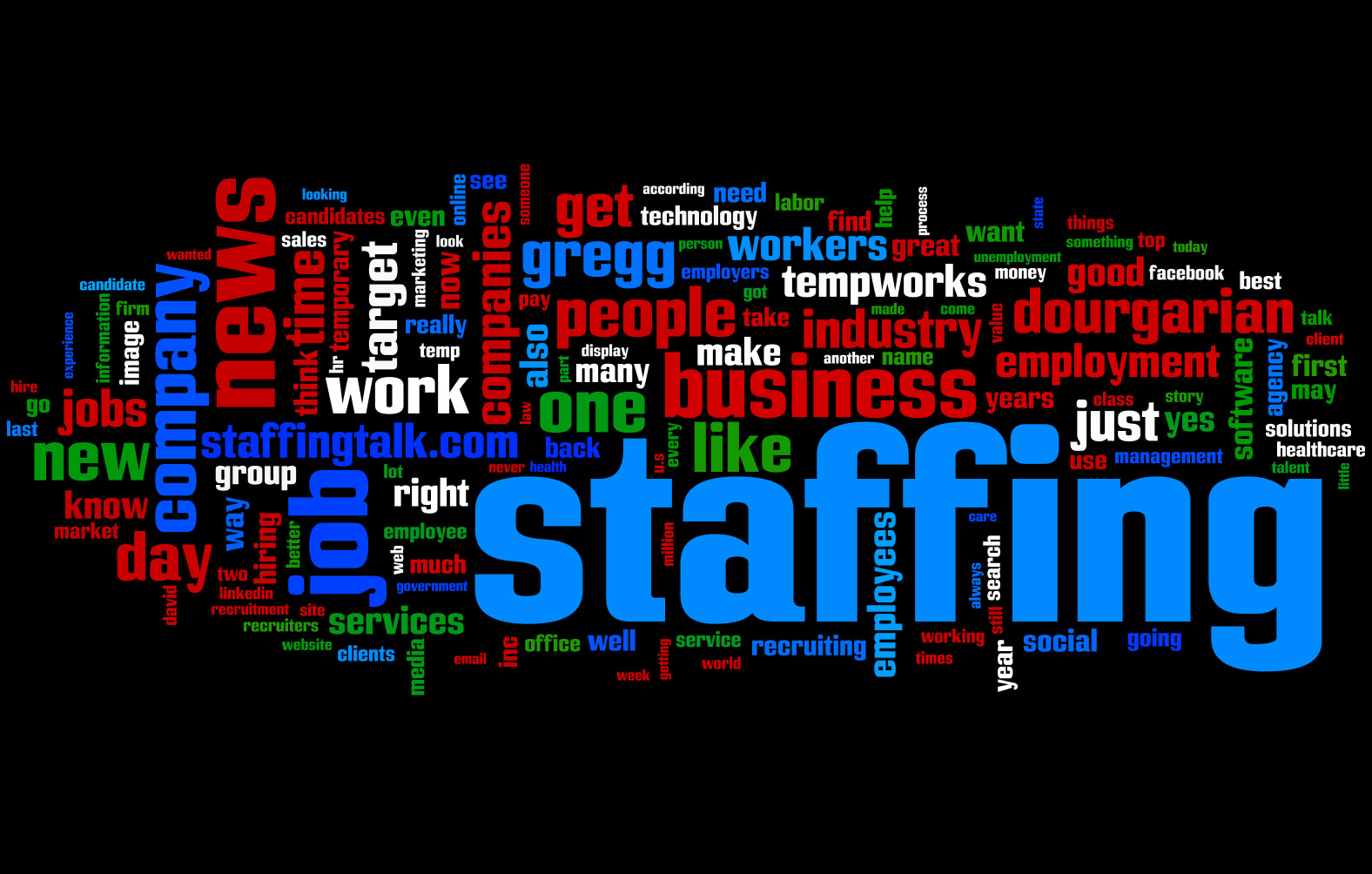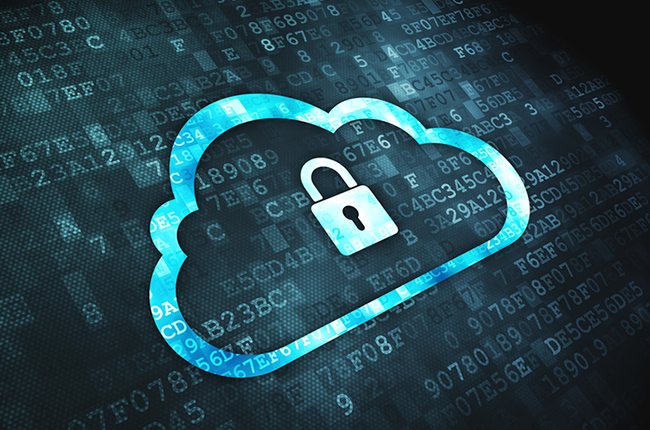Tomorrow, web sites around the world will go dark for a period of time to protest two new laws currently being considered by the US Congress – The Stop Online Piracy Act (SOPA) and the Protect IP Act (PIPA).
A colleague of mine, Christian Dawson of the web hosting company Servint, has been deeply involved in the battle to stop these two bills from becoming law, and offers this explanation of why both are a bad idea.
People started writing laws to govern the Internet back in the mid ’90s. The Internet was new and booming, and lawmakers didn’t want to stifle innovation. They constructed a series of laws to govern the Internet that were very pro-business and encouraged innovation, most specifically The Telecommunications Act of 1996 and The Digital Millennium Copyright Act of 1998.
The Internet has grown tremendously within the United States as a result of this pro-business legislation, but it’s natural that this growth has led to a lot of bad to go along with the whole lot of good.
The problem.
The truth is that there is a major piracy problem on the internet, and it’s not just movies and music. People sell counterfeit merchandise. They even sell counterfeit pharmaceuticals-and baby formula. A lot of this stuff is tremendously dangerous and something needs to be done about it. Nobody likes piracy, especially when in some cases it could be deadly.
A pair of bills in Congress called the Protect IP Act and the Stop Online Piracy Act were drafted to address these very real problems. Depending on who you ask, these bills will either “kill the Internet as we know it” or “save the music and movie industries.” Let’s get to the bottom of what these laws are, and what impact they might actually have.
How do they try to solve it?
PIPA and SOPA were originally drafted with the best of intentions-but somewhere along the way the bills got wildly off track. What we have now are a couple of bills that could be really bad for the United States economy, and the flourishing Internet industry that is growing faster than nearly every other industry we have.
The Protect IP Act, known as PIPA, is the version of the bill that the United States Senate is reviewing. The Stop Online Piracy Act, or SOPA, is the version being reviewed by the House of Representatives, which saw its first day of active discussion in mid-January of 2012.
Both bills attempt to shut off access to content that is alleged to be infringing. They do this by attacking web sites accused of housing that content, from four main angles:
- Their access to advertising
- The money those sites earn
- Their DNS
- Their web hosting
Advertising and money are pretty simple to understand. The other two may take some help. DNS is something like a technical postal address. When you type a web address into your browser, DNS tells it what path to take. Web hosting is the place your website lives-the computer the website operates out of-kind of like a brick and mortar storefront. Hosting websites is what my company, ServInt, does.
Does using this methodology solve the problem?
No. In this case their prescribed cure is far worse than the initial ailment.
How can we best illustrate that? Imagine that instead of a website we were talking about a traditional store, like Home Depot.
Under current law, if you saw something on the shelf at Home Depot that you thought was counterfeit, you could alert Home Depot and, under the threat of possible future legal action, work with them to get that content off the shelf.
If PIPA and SOPA applied to brick and mortar stores and became law, you would instead immediatelybe able to:
- get their landlord to close the store
- require newspapers to stop running their ads
- make banks close their accounts
- and remove their address from every phone book and every GPS.
You would never need to actually talk to Home Depot at all-and you could even bring all this to pass on the mere allegation of infringement. Home Depot would get no due process of law. The landlord, bank etc. would get immunity from prosecution for shutting down Home Depot even if no counterfeit goods were ever found. And if the landlord or bank did not cut off Home Depot, and it turned out that there was indeed illegal merchandise on Home Depot’s shelves, those parties would be liable for failing to act.
Bottom line: SOPA and PIPA put every Internet service provider in a position where it is in their best interest to be as hostile as possible to anybody who is even accused of wrongdoing.
What other repercussions could come from PIPA and SOPA?
These bills will be used as anti-competitive tools to take down websites. We are seeing three to seven percent fraud rates in current reporting of infringement-and current laws only make people take down infringing content, not entire websites. If three to seven percent of all businesses are forced offline due to incorrect or misleading information, the effect on our economy would be catastrophic.
They will disproportionately affect the falsely accused. If somebody really is pirating, they are going to have a Plan B, and if their web address gets taken down they will just Tweet out their new one to their followers a few minutes later. Legitimate businesses have no “Plan B.” Why should they?
They will send jobs and commerce overseas. Businesses aren’t going to be willing to operate in that kind of environment. But they won’t close up shop-they will take their business elsewhere. If we create a U.S. Internet hostile to business, they won’t use the Internet within the U.S., and PIPA and SOPA will end up being stimulus packages for Canada, Europe and Asia.
They will lose us our competitive edge. The loss of business will not be simply a loss of jobs, but a loss of innovation and leadership. The Internet was born in American, and America still retains its leadership in innovation in cyberspace. But the Internet is global, and it only takes a few clicks of the mouse these days for people to move their businesses, their jobs and their innovation overseas. Tomorrow’s innovation will happen elsewhere.
How else can the problem of piracy be solved?
The thing is, there are real ways to solve the problems we face. There is already a successful public/private partnership to stop the sale of illegal pharmaceuticals online, called ASOP. This could be used as a model for fighting other forms of piracy. And a new bill could be drafted that narrowly focuses its attention on cutting off the domestic resources of foreign pirate websites. The vast majority of piracy problems come from outside the US, and for the ones that don’t, we already have laws that address them. PIPA and SOPA need to be defeated outright. They are the wrong bills, and sensible alternatives are already in the works.
Thanks for reading CPA Practice Advisor!
Subscribe Already registered? Log In
Need more information? Read the FAQs




